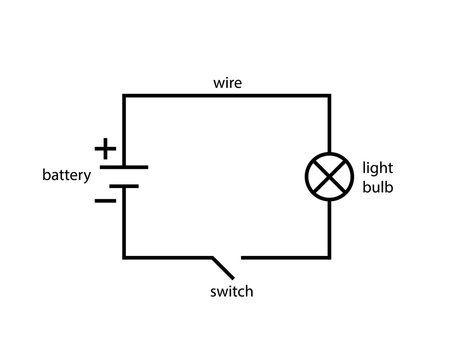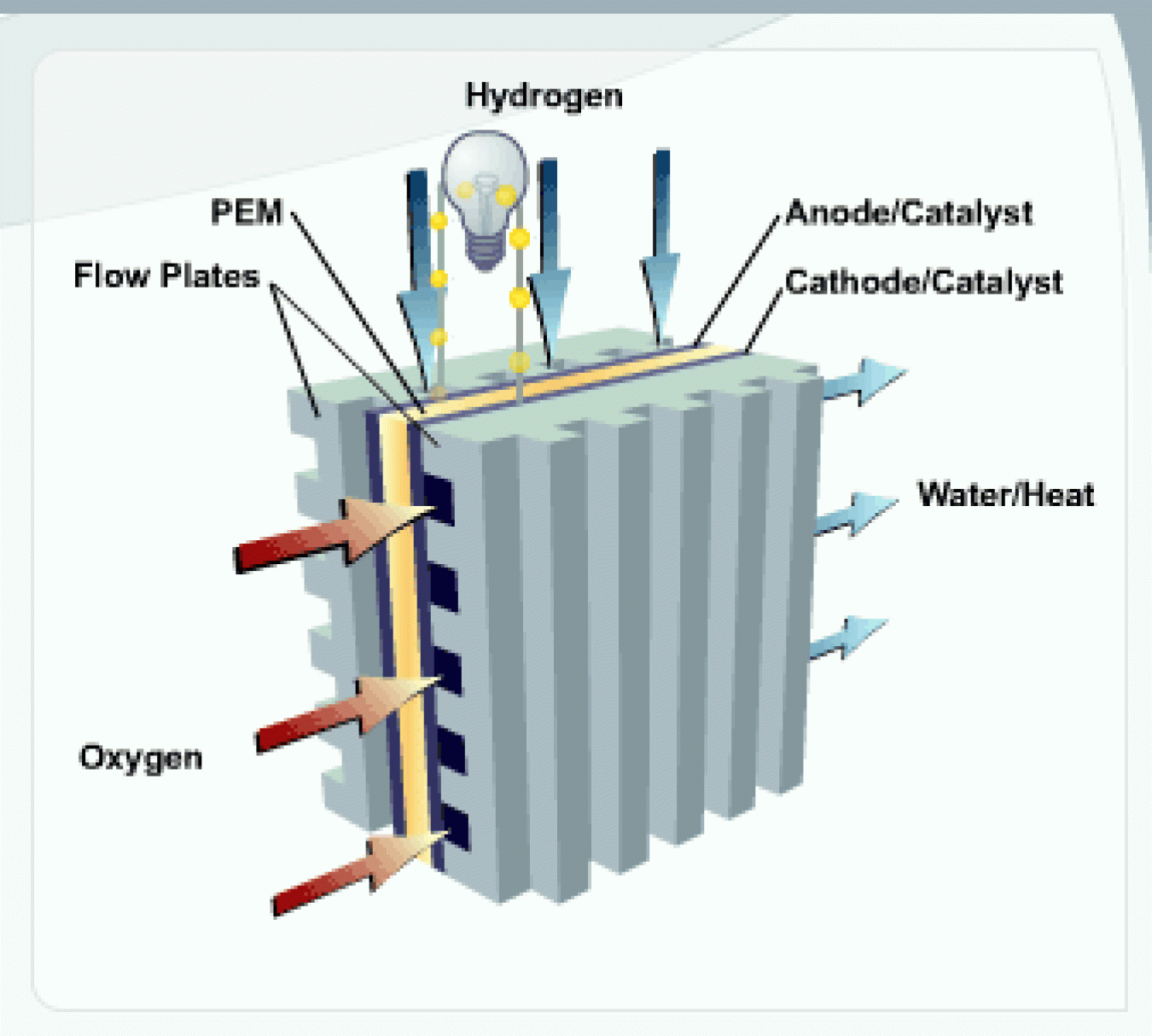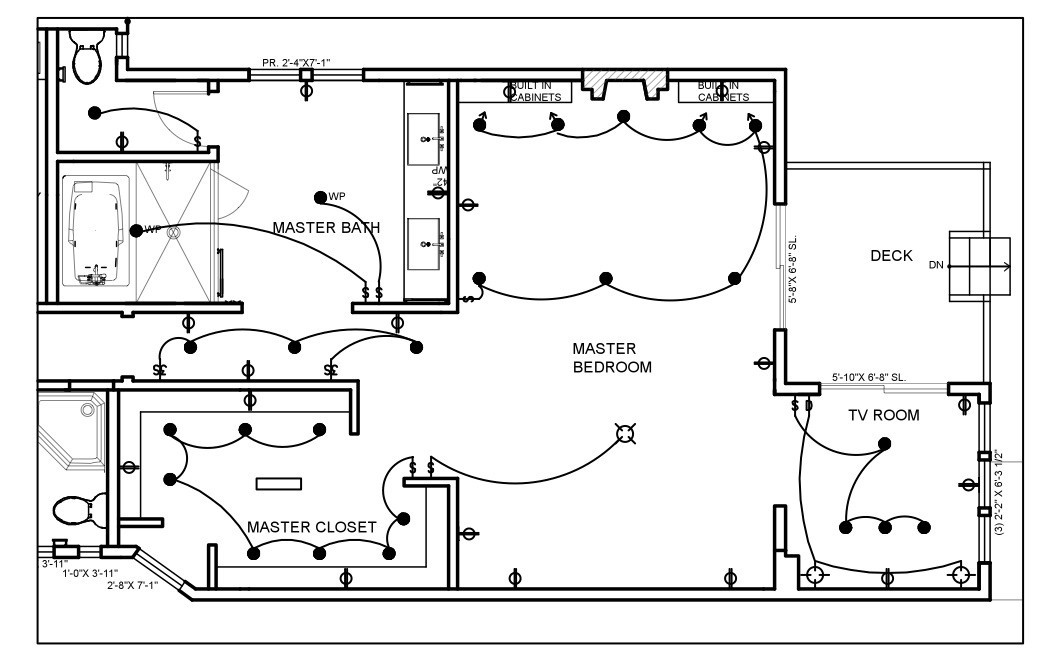An electrical component that can disconnect or connect the conducting path in an electrical circuit, interrupting the electric current or diverting it from one conductor to another.
Switches
A battery is a good example of this type of current.
Direct Current
We generate this type of energy from organic materials known as biomass or biofuels.
Bioenergy
This type of energy is generated from the sun.
Solar Energy
What do you call this facility?

Nuclear Power Plant
The rate of flow of electricity.
Current
Electricity is supplied at either ___ or ___ volts in residences.
120 or 240 Volts
This type of power is generated by tapping into underground reservoirs of hot water and steam.
Geothermal Energy
This type of energy can be produced from turbines, and large scale offshore farms in the ocean.
Wind Energy
What is this a diagram of?

A Circuit
Types of sockets or outlets that can connect electric equipment to the electricity power supply.
Receptacles
This type of current was adopted by the U.S. because its voltages are easily transformed.
Alternating Current
This type of energy is created in the form of heat through the fission process of atoms.
Nuclear Energy
This type of energy is generated from moving water.
Hydroelectric Energy
What is this?
Fuel Cell
The electrical potential difference of a circuit.
Voltage
A circuit includes a source, a load, a switch, and a ___.
A Conductor
This is the most widely known example of a biofuel.
Ethanol
This newer form of energy is generated by the kinetic energy of the movement of water.
Tidal Energy
What would you call this type of plan?
Residential Power Plan
A device that converts electrical energy to another form.
A Load
In commercial buildings, electricity is distributed at ___ /___ volts for equipment and lighting.
480/277 Volts
In nuclear power plants, the heat that ______ produces creates steam. The steam then rotates a turbine, which leads to the production of electricity.
Fission
This is a clean alternative to using methane, and is used as a clean-burning fuel, leading to fewer pollutants and a cleaner environment.
Hydrogen Energy
What does P, I, and V stand for?

P = Watts (Power)
I = Amps (Current)
V = Volts (Voltage)